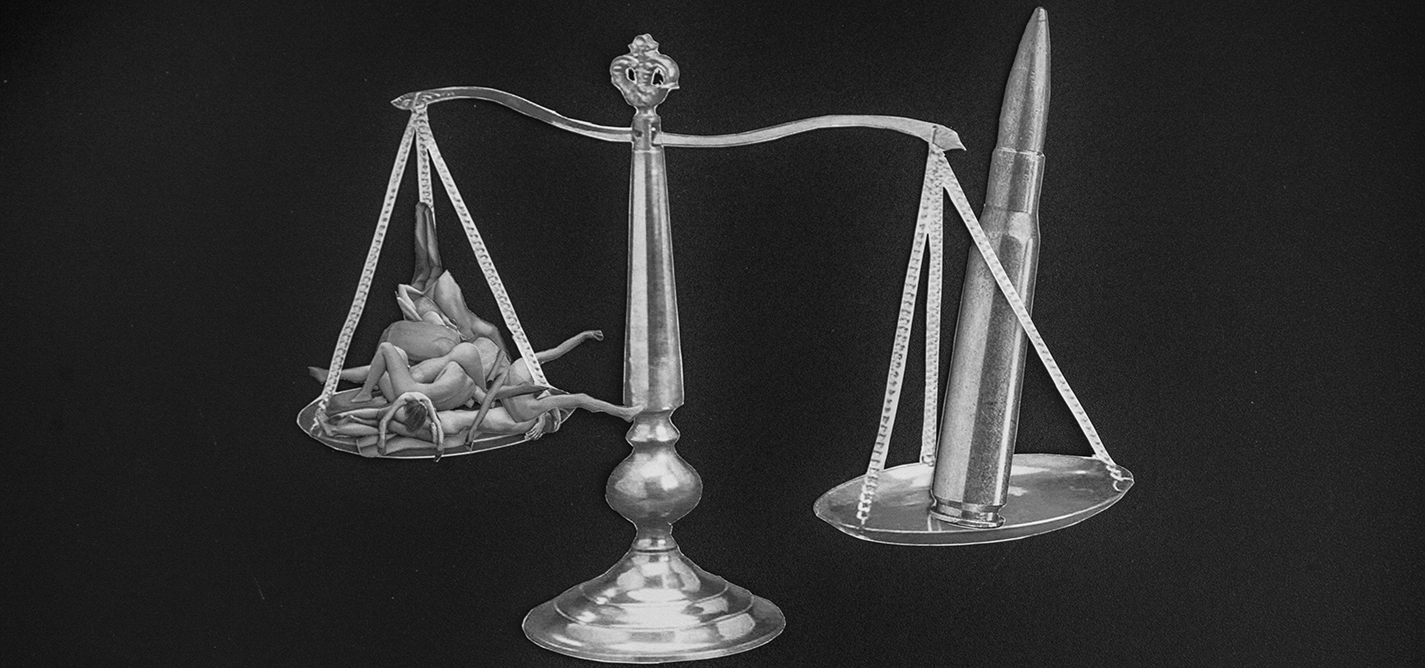
Could an amnesty for war crimes really work?
What is an amnesty and what would it mean for a post-war country?
|28.09.2018
|
Previously, the international community had been reluctant to get involved in cases such as granting amnesty for war crimes, as they were considered to be internal issues.
National reconciliation can only be achieved when victims have achieved justice.

Valza Sadriu
Valza Sadriu completed her Bachelor’s studies in Political Science at the University of Prishtina. She is currently a researcher and coordinator for the Balkan Policy Research Group, mainly interested in human rights and transitional justice.
DISCLAIMERThe views of the writer do not necessarily reflect the views of Kosovo 2.0.
This story was originally written in English.